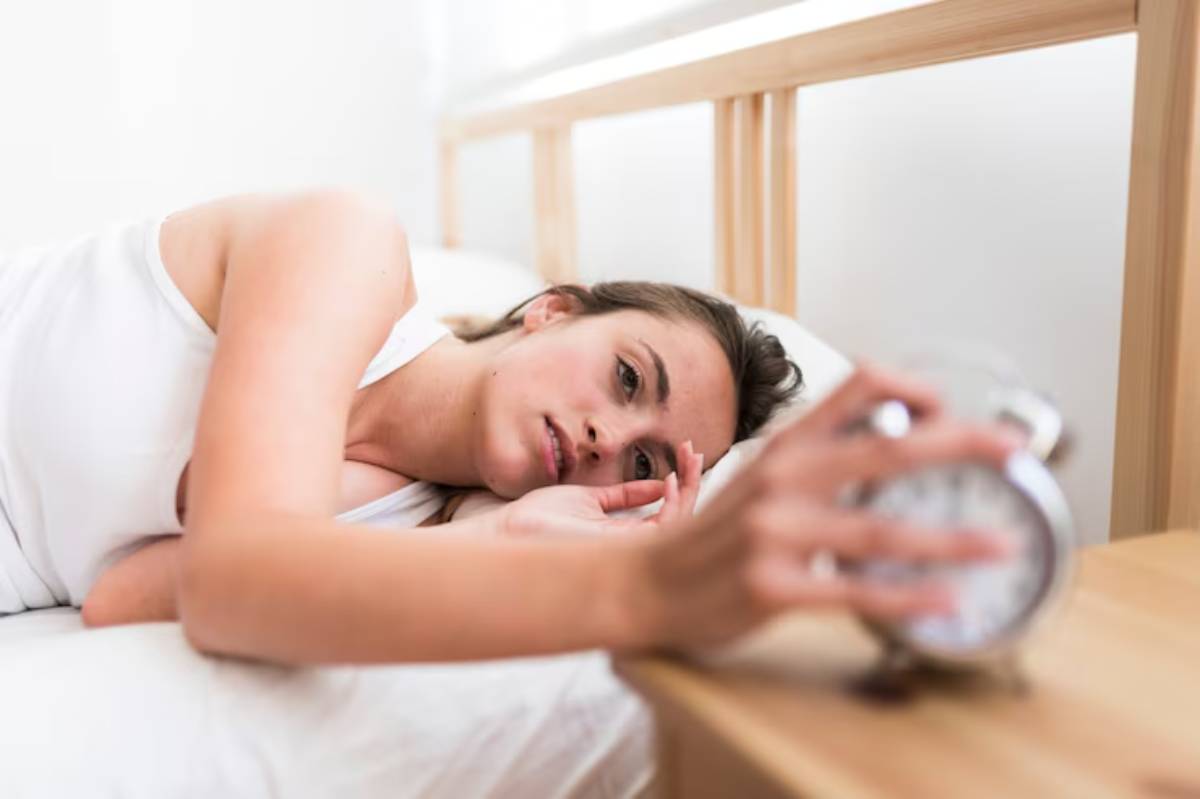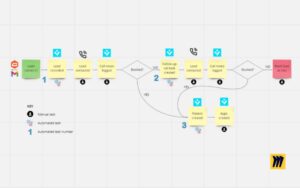The Personal Development Blog

How to Wake Up Earlier Without Feeling Exhausted
You set the alarm early with good intentions. But when it rings, you hit snooze — again. Waking up early sounds great, but the fatigue can make it feel impossible.
The secret? It’s not just about the time you wake up — it’s about how you sleep and what you do before and after waking. This guide will give you practical early wake-up tips, strategies for sleep cycle optimisation, and a path to more productive mornings without the grogginess.
Pro Tip: Getting up earlier should feel energising, not punishing — and it can, with the right routine.
Quick Guide: How to Wake Up Earlier and Feel Great
- Adjust your bedtime gradually.
- Create a relaxing wind-down routine.
- Wake at the end of a sleep cycle.
- Avoid screens and caffeine before bed.
- Expose yourself to natural light early.
- Don’t hit snooze — get up on the first alarm.
- Start the day with movement, not messages.
Important: The goal isn’t to wake up early for the sake of it — it’s to wake up with purpose and energy.
Step-by-Step Guide to Waking Up Earlier Without Exhaustion
Step 1: Reset Your Body Clock Gradually
Sudden changes to your sleep schedule shock your system. Shift in 15–30 minute increments instead.
How to do it:
- Move your bedtime 15 minutes earlier every 2–3 days.
- Do the same with your wake-up time.
- Stick to the schedule — even on weekends.
| Current Wake Time | Target Wake Time | Time to Adjust |
| 8:00 AM | 6:30 AM | 7–10 days |
Pro Tip: Use a consistent bedtime and wake-up time — your body craves routine.
Step 2: Optimise Your Sleep Cycle Timing
It’s not about how long you sleep — it’s about when you wake up during the cycle.
Typical sleep cycle: ~90 minutes
Waking up mid-cycle = grogginess
Waking up at cycle end = alertness
| Hours Slept | Cycles Completed | Wake-Up Feel |
| 6 hrs | 4 | Tired but manageable |
| 7.5 hrs | 5 | Refreshed |
| 9 hrs | 6 | Fully rested (if needed) |
Quick Tip: Apps like Sleep Cycle or alarms with smart sensors can help time your wake-up better.
Step 3: Build a Wind-Down Routine

Sleep starts before you get in bed.
Ideal pre-sleep activities:
- Read (fiction, not business).
- Light stretching or breathwork.
- Warm shower or bath.
- Gratitude journaling.
Avoid:
- Screens 1 hour before bed.
- Work emails or heavy thinking.
- Bright overhead lights.
| Time Before Bed | Suggested Action |
| 60 mins | Switch off screens. |
| 30 mins | Journal or read. |
| 15 mins | Dim lights and unwind. |
Pro Tip: Use a sunrise alarm clock or red-toned lighting to signal “wind-down mode”.
Step 4: Design a Bedroom That Promotes Deep Sleep
Your environment directly affects your sleep quality.
Sleep-friendly bedroom checklist:
- Room temperature: 16–18°C
- Blackout curtains or sleep mask
- White noise or earplugs if needed
- Mattress and pillows that support your sleep style
Sustainability Tip: Choose natural materials for bedding to improve breathability and reduce allergens.
Step 5: Wake with Light, Not Shock
Jarring alarms increase cortisol and make you feel worse.
Better wake-up methods:
- Use a light-based alarm that mimics sunrise.
- Let natural sunlight in within 10 minutes of waking.
- Avoid checking your phone immediately.
Why it works:
- Light suppresses melatonin.
- It signals your body to wake naturally.
- It improves alertness and mood.
Pro Tip: If natural light isn’t available, use a full-spectrum light box for 15–30 minutes.
Step 6: Avoid the Snooze Trap

Each snooze cycle restarts light sleep, making you groggier.
How to break the habit:
- Move your alarm across the room.
- Use an app that makes you solve a puzzle or scan a QR code.
- Set a second backup alarm — but don’t rely on it.
| Habit | Better Alternative |
| Hitting snooze 3 times | Getting up immediately and stretching |
| Checking your phone | Splash face with water and hydrate |
Quick Tip: Once up, make your bed — this simple task reinforces momentum.
Step 7: Start Your Morning With Energy

The first 30 minutes set the tone for the day.
High-energy morning habits:
- Drink water immediately (after 6–8 hours of fasting).
- Stretch or do light movement.
- Step outside, even for 5 minutes.
| Action | Result |
| 1 glass of water | Hydration and digestion boost |
| 5-minute stretch | Increased circulation and alertness |
| Natural light | Mood boost and circadian reset |
Pro Tip: Avoid caffeine for the first 60–90 minutes to prevent energy dips later.
Extra Tips for Sustainable Early Rising
- Avoid heavy meals late at night: Digestion disrupts sleep.
- Cut off caffeine after 2 PM: Even small doses affect sleep cycles.
- Use aromatherapy: Scents like lavender can ease you into restfulness.
- Keep a consistent rhythm: Even one late night can derail your routine.
Sustainability Note: Don’t force early rising forever — honour your body’s natural rhythm when needed.
Common Mistakes to Avoid
| Mistake | Fix |
| Forcing 5 AM wake-ups with no preparation | Shift in smaller increments |
| Using loud, jarring alarms | Use light or gentle sound wake-ups |
| Sleeping in on weekends | Stick to a consistent wake time (±30 mins) |
| Checking phone first | Create a no-phone zone for the first 30 minutes |
Quick Tip: You’ll be tempted to “earn back” sleep on weekends. Instead, build in naps or earlier bedtimes during the week.
Frequently Asked Questions
How much sleep do I really need?
Most adults need 7–9 hours. The key is to wake up at the end of a sleep cycle, not in the middle.
I wake up but still feel tired — why?
You may be waking mid-cycle or not getting enough deep/restorative sleep. Focus on sleep quality, not just quantity.
Should I use melatonin or sleep supplements?
Short-term use is fine for travel or shifts. For daily improvement, work on light exposure, routine, and stress reduction first.
What’s better: waking up early or staying up late?
It depends on your chronotype. Early rising works best when paired with good sleep habits and energy alignment — not just because it sounds productive.
What if I keep failing to wake up early?
Review your wind-down habits, sleep environment, and how you feel about mornings. Often, resistance comes from dread or disorganisation — not laziness.
Mornings That Work for You
Waking up earlier doesn’t mean running on empty — it means creating space for energy, clarity, and focus before the chaos starts.
By using these early wake-up tips, applying smart sleep cycle optimisation, and building habits that lead to productive mornings, you’ll start each day with purpose instead of panic.
Sleep smarter. Wake stronger. Own your morning.









